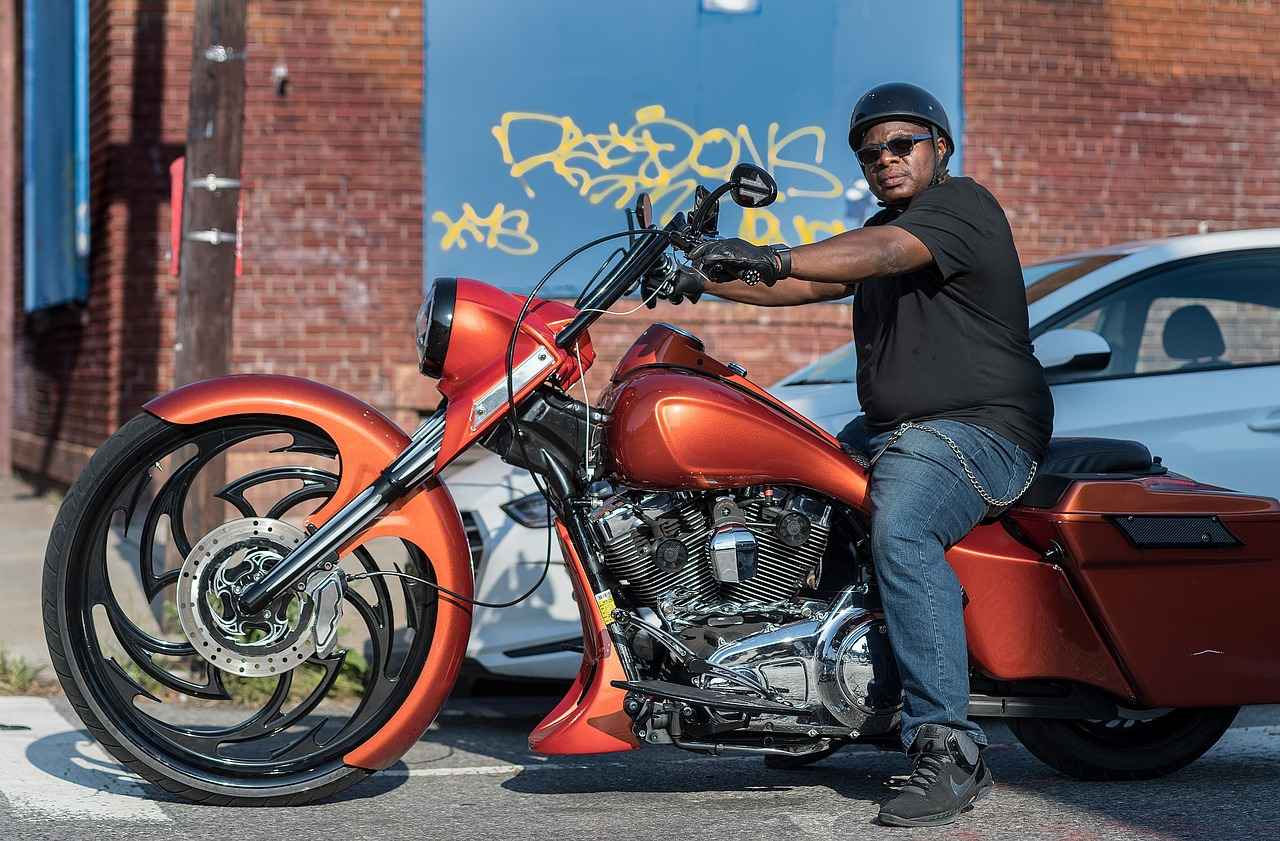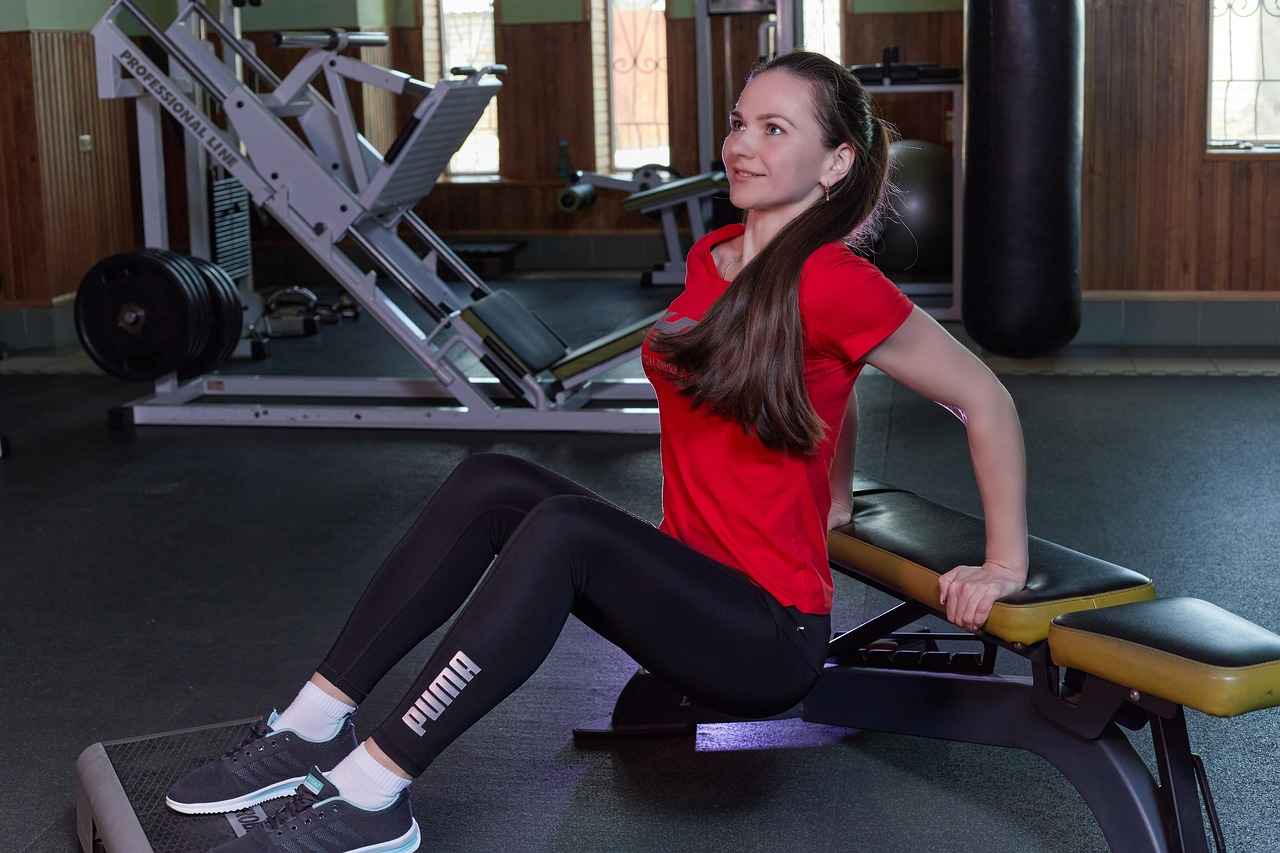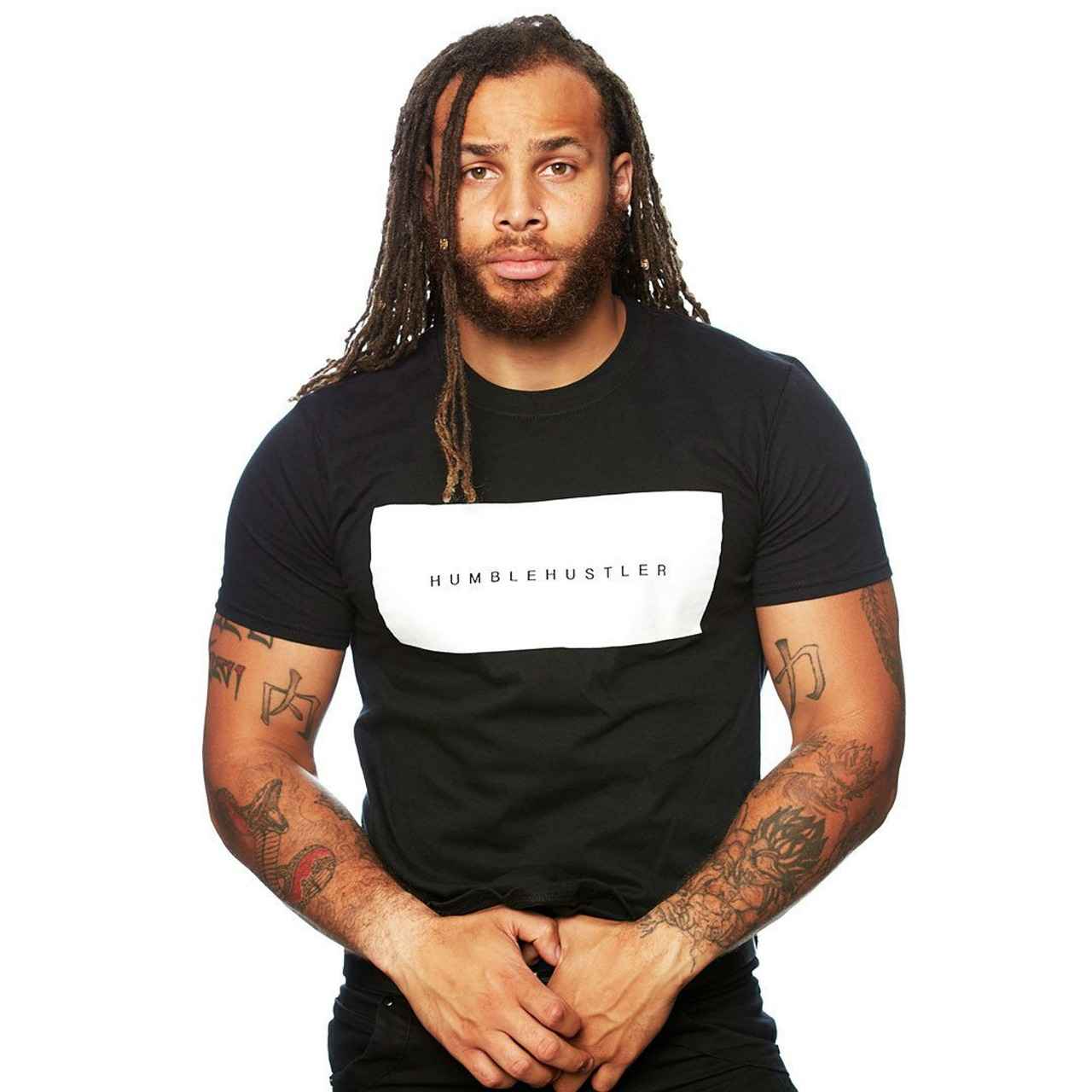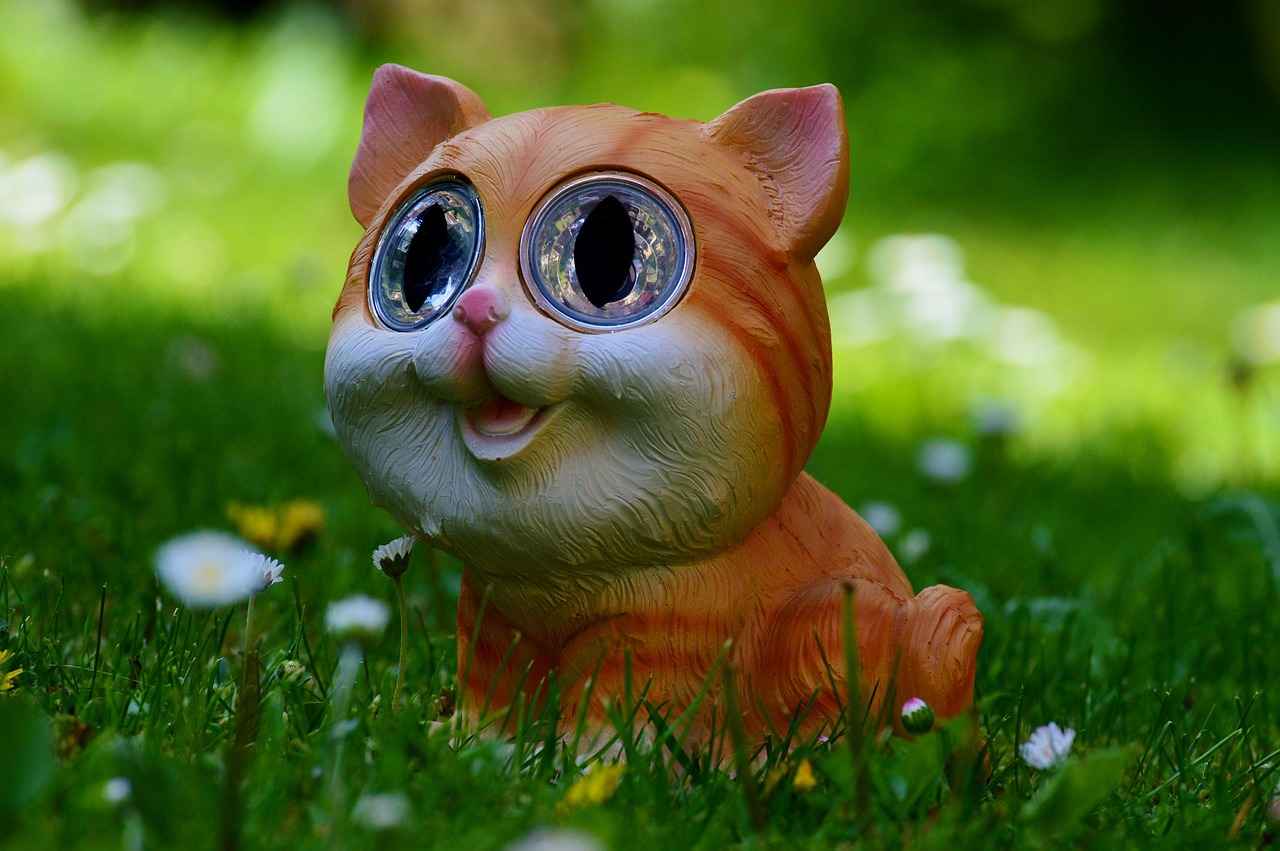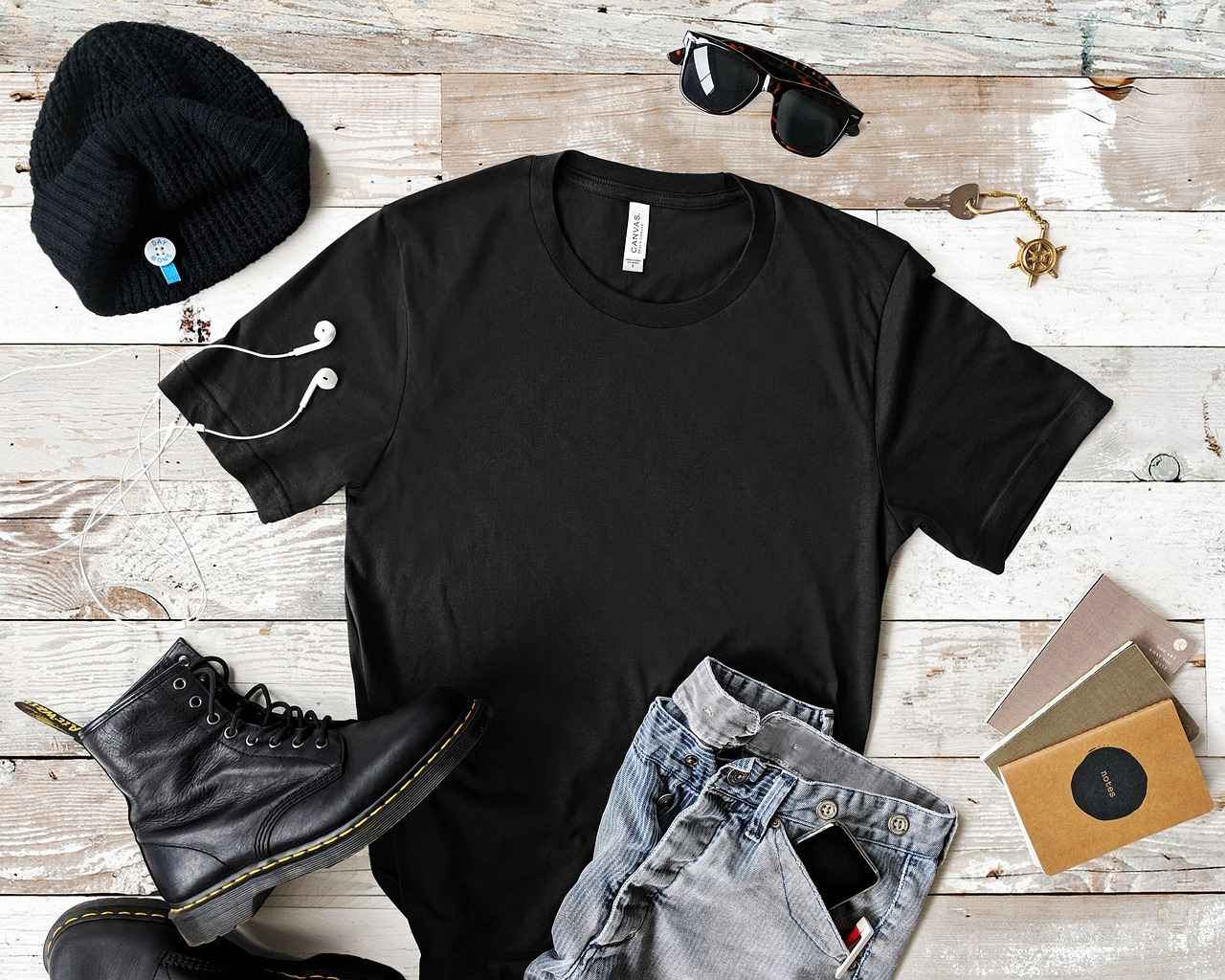This article delves into the significant role that custom t-shirts play in enhancing your brand’s visibility. By examining critical aspects such as design, material selection, and effective marketing strategies, we aim to provide you with actionable insights that ensure your logo leaves a memorable impression on your audience.
The Importance of Custom T-Shirts in Branding
Custom t-shirts are not just clothing items; they are a powerful branding tool. They help create visibility and foster a sense of community among customers and employees alike. When worn, these shirts act as mobile advertisements, promoting your brand wherever they go.
Choosing the Right Fabric for Custom T-Shirts
Selecting the right fabric is crucial for ensuring comfort and durability. Here are some popular materials:
- Cotton: Known for its softness and breathability.
- Polyester: Offers durability and moisture-wicking properties.
Designing Your Custom T-Shirt: Key Considerations
Effective design can make or break your custom t-shirt. Key considerations include:
- Color Choices: Colors evoke emotions and influence perceptions.
- Logo Placement: Ensure your logo is the focal point for maximum visibility.
Printing Techniques for Custom T-Shirts
There are various printing methods available, including:
- Screen Printing: Cost-effective for bulk orders.
- Digital Printing: Ideal for complex designs.
Marketing Your Custom T-Shirts Effectively
Once your custom t-shirts are ready, effective marketing is essential. Utilize social media to reach your audience and consider hosting events to showcase your apparel.
Conclusion: Making a Lasting Impression with Custom T-Shirts
In summary, custom t-shirts significantly enhance your brand’s visibility and identity. By focusing on design, quality, and marketing, you can create memorable apparel that resonates with your audience.

The Importance of Custom T-Shirts in Branding
Custom T-Shirts with Your Logo: How to Make a Lasting Impression
Custom t-shirts have emerged as an essential element in the realm of branding. They not only serve as a powerful branding tool but also create a sense of belonging among customers and employees. By wearing a t-shirt adorned with your logo, individuals become walking advertisements, effectively enhancing your brand’s visibility in everyday life. This article delves into the significance of custom t-shirts and how they can elevate your brand identity.
Custom t-shirts play a vital role in establishing a memorable brand presence. When designed thoughtfully, they can:
- Increase Brand Recognition: A well-designed t-shirt featuring your logo can significantly boost brand awareness. Every time someone wears your shirt, they promote your brand to those around them.
- Foster Community: Custom t-shirts can help create a sense of unity among employees and customers. Wearing matching shirts at events or within the workplace fosters camaraderie and a shared identity.
- Enhance Marketing Efforts: T-shirts can be used as promotional items, giveaways, or merchandise that can attract new customers while retaining existing ones.
Creating a Lasting Impression
To maximize the impact of your custom t-shirts, consider the following:
- Design Quality: Invest in high-quality designs that reflect your brand’s values and mission. This includes choosing the right colors, fonts, and imagery.
- Fabric Selection: The comfort and durability of the t-shirt matter. Opt for materials that not only feel good but also withstand regular wear and washing.
- Marketing Strategy: Utilize social media and community events to promote your custom t-shirts. Engaging with your audience through these platforms can amplify your brand’s reach.
In conclusion, custom t-shirts are more than just clothing; they are a strategic branding asset that can significantly enhance your brand’s visibility and community engagement. By focusing on design, quality, and effective marketing, you can create a memorable apparel line that resonates with your audience.
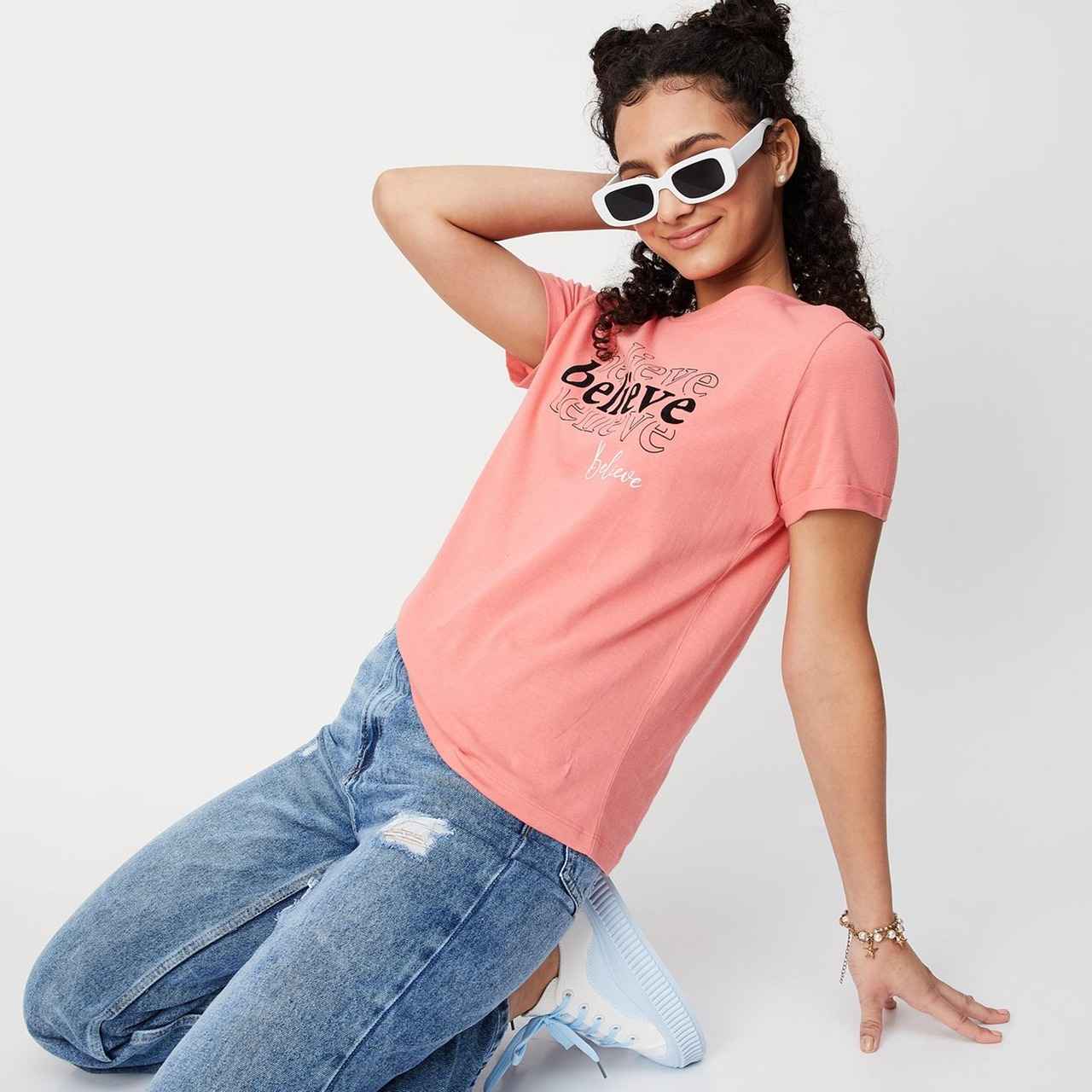
Choosing the Right Fabric for Custom T-Shirts
When it comes to custom t-shirts, selecting the right fabric is essential for ensuring both comfort and durability. The fabric you choose can significantly impact the overall quality, feel, and longevity of your t-shirts. Below, we explore various materials available for custom t-shirts and how they can affect your branding and customer satisfaction.
- Cotton: Cotton is a natural fiber known for its softness and breathability. It is an excellent choice for casual wear and is often preferred for its comfort. Cotton t-shirts are great for warm weather, allowing for air circulation and moisture absorption.
- Polyester: Polyester is a synthetic material that offers durability and resistance to shrinking and stretching. It is ideal for athletic wear due to its moisture-wicking properties, making it suitable for events where sweat and movement are involved.
- Blends: Many custom t-shirts are made from a blend of cotton and polyester. This combination provides the best of both worlds, offering the comfort of cotton with the durability and performance of polyester.
- Rayon: Rayon is a semi-synthetic fiber that offers a silky feel and drapes beautifully. It can be a great choice for fashion-forward designs, providing a luxurious touch to your custom t-shirts.
When selecting the right fabric, consider the target audience and the intended use of the t-shirts. For example, if you’re designing shirts for a sports team, moisture-wicking fabrics like polyester may be best. Conversely, if you’re creating shirts for a casual event or giveaway, cotton or cotton blends might be more appropriate.
In conclusion, the fabric you choose for your custom t-shirts can significantly influence their appeal and functionality. By understanding the various materials available and their characteristics, you can make informed decisions that enhance the overall quality and feel of your custom apparel.
Cotton vs. Polyester: Which is Better?
When it comes to selecting the ideal fabric for custom t-shirts, understanding the differences between cotton and polyester is essential. Each material has its own unique set of characteristics that can influence your choice based on the intended use, comfort, and aesthetic appeal. This section will delve into the benefits, drawbacks, and ideal use cases for both cotton and polyester fabrics.
| Fabric Type | Benefits | Drawbacks | Ideal Use Cases |
|---|---|---|---|
| Cotton |
|
| Everyday wear, promotional events, and casual settings |
| Polyester |
|
| Sportswear, outdoor activities, and promotional events |
In summary, the choice between cotton and polyester for custom t-shirts largely depends on the specific needs and preferences of your audience. If comfort and breathability are your top priorities, cotton may be the better option. However, if you are looking for durability and moisture management, polyester could be the ideal choice. Understanding these factors will enable you to make an informed decision that aligns with your branding goals.
The Benefits of Cotton T-Shirts
Cotton t-shirts have long been celebrated for their softness and breathability, making them a top choice for anyone seeking comfort in their everyday wear. Let’s delve into the reasons why cotton t-shirts are often preferred for custom apparel.
- Comfort: Cotton fabric is renowned for its gentle touch against the skin. This natural fiber ensures that the wearer feels comfortable throughout the day, which is particularly important for custom t-shirts that may be worn during extended periods.
- Breathability: One of the standout features of cotton is its ability to allow air circulation. This property helps to regulate body temperature, making cotton t-shirts ideal for warm weather or active wear.
- Durability: Despite their soft feel, cotton t-shirts are surprisingly durable. They can withstand regular washing and wear, maintaining their shape and color over time, which is essential for custom apparel that is meant to last.
- Hypoallergenic: Cotton is a natural fiber that is less likely to irritate the skin compared to synthetic materials. This makes cotton t-shirts a safe choice for individuals with sensitive skin or allergies.
- Versatility: Cotton t-shirts can easily be dressed up or down. Whether for casual outings or promotional events, they adapt well to various styles and occasions, making them a versatile addition to any wardrobe.
In summary, cotton t-shirts offer a unique combination of comfort, breathability, and durability, making them the preferred choice for those looking to create custom apparel. Their ability to cater to various occasions while providing a soft and pleasant wearing experience sets them apart in the world of fashion.
The Advantages of Polyester T-Shirts
When it comes to custom t-shirts, the choice of fabric plays a crucial role in determining their functionality, comfort, and durability. Among the various materials available, polyester stands out as an exceptional option, especially for those seeking high-performance apparel.
One of the primary advantages of polyester is its remarkable durability. Unlike cotton, which can wear out over time, polyester is resistant to shrinking, stretching, and fading. This makes it an ideal choice for athletic wear, as it can withstand the rigors of intense physical activity while maintaining its shape and color.
Another significant benefit of polyester is its moisture-wicking properties. This fabric effectively pulls moisture away from the skin, allowing it to evaporate quickly. As a result, polyester t-shirts keep the wearer dry and comfortable, making them perfect for sports events, outdoor activities, and promotional occasions where individuals may be active.
Moreover, polyester is lightweight and breathable, enhancing comfort during wear. This is particularly important for promotional events where individuals may be wearing the shirts for extended periods. The lightweight nature of polyester ensures that wearers do not feel weighed down or overheated.
In addition to its practical advantages, polyester is also highly versatile in terms of design. It can be easily dyed and printed on, allowing for vibrant colors and intricate designs. This makes it a popular choice for businesses looking to create eye-catching custom t-shirts that effectively showcase their brand.
In summary, polyester t-shirts offer a unique combination of durability, moisture-wicking capabilities, lightweight comfort, and design versatility. Whether for athletic wear or as part of a promotional campaign, polyester is a fabric that delivers on both performance and style.
Choosing the Right Fit for Your Audience
When it comes to custom t-shirts, the fit is not just about comfort; it plays a crucial role in the overall appeal and effectiveness of your designs. A well-fitted shirt can enhance the wearer’s confidence and ensure that your brand message is conveyed effectively. This section explores various styles and fits to help you make informed decisions that resonate with your target audience.
Different body types and personal preferences mean that one size does not fit all. Here are some common styles to consider:
- Classic Fit: This traditional style offers a relaxed fit, providing ample room in the chest and waist. Ideal for casual wear, it appeals to a broad audience.
- Slim Fit: Tailored to hug the body, slim fit t-shirts are perfect for a modern, stylish look. This fit is often favored by younger demographics and those looking for a more fashionable option.
- Loose Fit: For those who prioritize comfort, loose fit t-shirts offer a breezy, relaxed silhouette. This style is popular for athletic wear and casual outings.
Additionally, consider the following points when selecting the right fit:
- Target Demographics: Understand the preferences of your audience. Are they more inclined towards trendy fits or classic styles?
- Activity Level: For active individuals, moisture-wicking fabrics paired with a fitted style can enhance performance and comfort.
- Seasonal Considerations: Different fits may be more suitable for various seasons. For instance, a loose fit may be preferred in warmer months.
In conclusion, choosing the right fit for your custom t-shirts is essential for maximizing their appeal. By considering your audience’s preferences and lifestyle, you can create designs that not only look great but also resonate on a personal level.

Designing Your Custom T-Shirt: Key Considerations
Creating a custom t-shirt that stands out requires more than just a catchy slogan or a cool graphic. Effective design can truly make or break your custom t-shirt. This section will delve into essential design principles that will help you create visually appealing and impactful shirts that resonate with your audience.
- Understand Your Target Audience: Knowing who will wear your t-shirt is crucial. Are they young adults, sports enthusiasts, or corporate employees? Tailor your designs to their preferences, interests, and style.
- Color Psychology: Colors evoke emotions and can influence how your brand is perceived. For instance, blue often conveys trust, while red can evoke excitement. Choose colors that align with your brand message and appeal to your audience.
- Logo Placement: Your logo should be prominently displayed but not overwhelming. Consider different placements such as the chest, back, or sleeve. The size and positioning should enhance visibility without compromising the overall aesthetic.
- Typography Matters: The font you choose should be easy to read and reflect your brand’s personality. Avoid overly complex fonts; instead, opt for clean and modern typography that complements your design.
- Balance and Composition: A well-balanced design is visually appealing. Ensure that elements are evenly distributed and that there’s a harmonious flow to the design. Utilize the principles of alignment and spacing to create a cohesive look.
- Keep It Simple: While it might be tempting to include many elements, simplicity often leads to stronger designs. Focus on a few key elements that convey your message effectively.
In conclusion, by applying these key design principles, you can create custom t-shirts that not only look great but also effectively communicate your brand’s identity. Remember, a well-designed t-shirt can serve as a powerful marketing tool, making a lasting impression on your audience.
Color psychology plays a crucial role in the world of branding, especially when it comes to custom t-shirt designs. The colors you choose for your promotional apparel can significantly influence how your brand is perceived by your audience. Each color evokes specific emotions and associations, making it essential to select hues that resonate with your brand’s message and values.
For instance, the color blue is often associated with trust and reliability, making it a popular choice for financial institutions and healthcare brands. In contrast, red is known for its ability to evoke excitement and passion, often used by brands looking to energize their audience. Understanding these associations can help you craft a t-shirt design that not only looks appealing but also communicates your brand’s ethos effectively.
| Color | Emotions Evoked | Brand Examples |
|---|---|---|
| Blue | Trust, Calmness | Facebook, IBM |
| Red | Excitement, Passion | Coca-Cola, Netflix |
| Green | Growth, Health | Starbucks, Whole Foods |
| Yellow | Optimism, Cheerfulness | IKEA, McDonald’s |
When designing your custom t-shirts, consider not only the color itself but also how it interacts with your logo and other design elements. The right combination can create a cohesive look that enhances brand recognition. For example, a vibrant yellow logo on a navy blue t-shirt can create a striking contrast that draws attention while maintaining a professional appearance.
Moreover, experimenting with color gradients and patterns can add depth and interest to your designs. This approach can make your custom t-shirts stand out in a crowded market, ensuring that your brand captures the attention of potential customers.
In conclusion, the colors you choose for your custom t-shirts are more than just aesthetic decisions; they are strategic choices that can influence emotions and perceptions. By leveraging color psychology, you can create designs that not only represent your brand effectively but also resonate deeply with your audience, making a lasting impression.
Incorporating Your Logo Effectively
Your logo is not just a design; it is the heart of your brand. When creating custom t-shirts, it is essential that your logo is prominently featured to ensure maximum visibility and recognition. Here are some key considerations to effectively incorporate your logo into your custom t-shirt designs:
- Placement: The location of your logo can significantly affect its visibility. Common placements include the front chest area, back, or sleeves. The front chest area is typically the most visible, making it an ideal spot for brand recognition.
- Size Matters: The size of your logo should be proportional to the t-shirt. A logo that is too small may go unnoticed, while one that is too large can overwhelm the design. Aim for a size that balances visibility with aesthetics.
- Color Integration: Ensure that your logo’s colors contrast well with the shirt’s fabric. This will help your logo stand out. For example, a bright logo on a dark shirt or vice versa can create a striking visual impact.
- Design Harmony: Your logo should complement the overall design of the t-shirt. Consider the style and theme of the shirt when integrating your logo to maintain a cohesive look.
- Brand Message: Think about what your logo represents. Incorporate elements that reflect your brand’s message or values, making the t-shirt not just a piece of clothing but a statement.
In conclusion, effectively incorporating your logo into custom t-shirts is crucial for enhancing brand visibility. By paying attention to placement, size, color, and overall design harmony, you can create t-shirts that not only look great but also promote your brand effectively.
Printing Techniques for Custom T-Shirts
When it comes to creating custom t-shirts, printing techniques play a pivotal role in determining the final look and feel of the apparel. Each method has its unique strengths and is suited for different types of designs and fabrics. Below, we explore some of the most popular printing methods available, highlighting their advantages and ideal applications.
- Screen Printing: This traditional technique involves creating a stencil (or screen) for each color in the design. Screen printing is highly effective for large quantities and offers vibrant colors, making it ideal for bold graphics. However, it may not be the best choice for intricate designs or small orders due to setup costs.
- Digital Printing: Also known as Direct-to-Garment (DTG) printing, this method allows for high-resolution designs with a wide range of colors. Digital printing is perfect for detailed artwork and small runs, as it eliminates the need for screens. However, it may not be as durable as screen printing, especially after multiple washes.
- Heat Transfer Printing: This method involves printing the design onto a special transfer paper and then applying heat to transfer the image onto the t-shirt. Heat transfer is versatile and suitable for both small and large orders. However, the durability can vary depending on the quality of the transfer materials used.
- Embroidery: While primarily used for logos and text, embroidery adds a classic touch to custom t-shirts. It is known for its durability and professional appearance, making it a preferred choice for corporate apparel. However, it may not be suitable for complex designs with intricate details.
- Sublimation Printing: This technique is best suited for polyester fabrics. It involves turning solid dye into gas without passing through a liquid state, allowing for vibrant and long-lasting designs. Sublimation is excellent for all-over prints but requires specific fabric types.
In conclusion, the choice of printing technique for custom t-shirts depends on factors such as design complexity, fabric type, and order quantity. Understanding the strengths and limitations of each method can help you make an informed decision, ensuring your custom apparel meets your branding needs effectively.
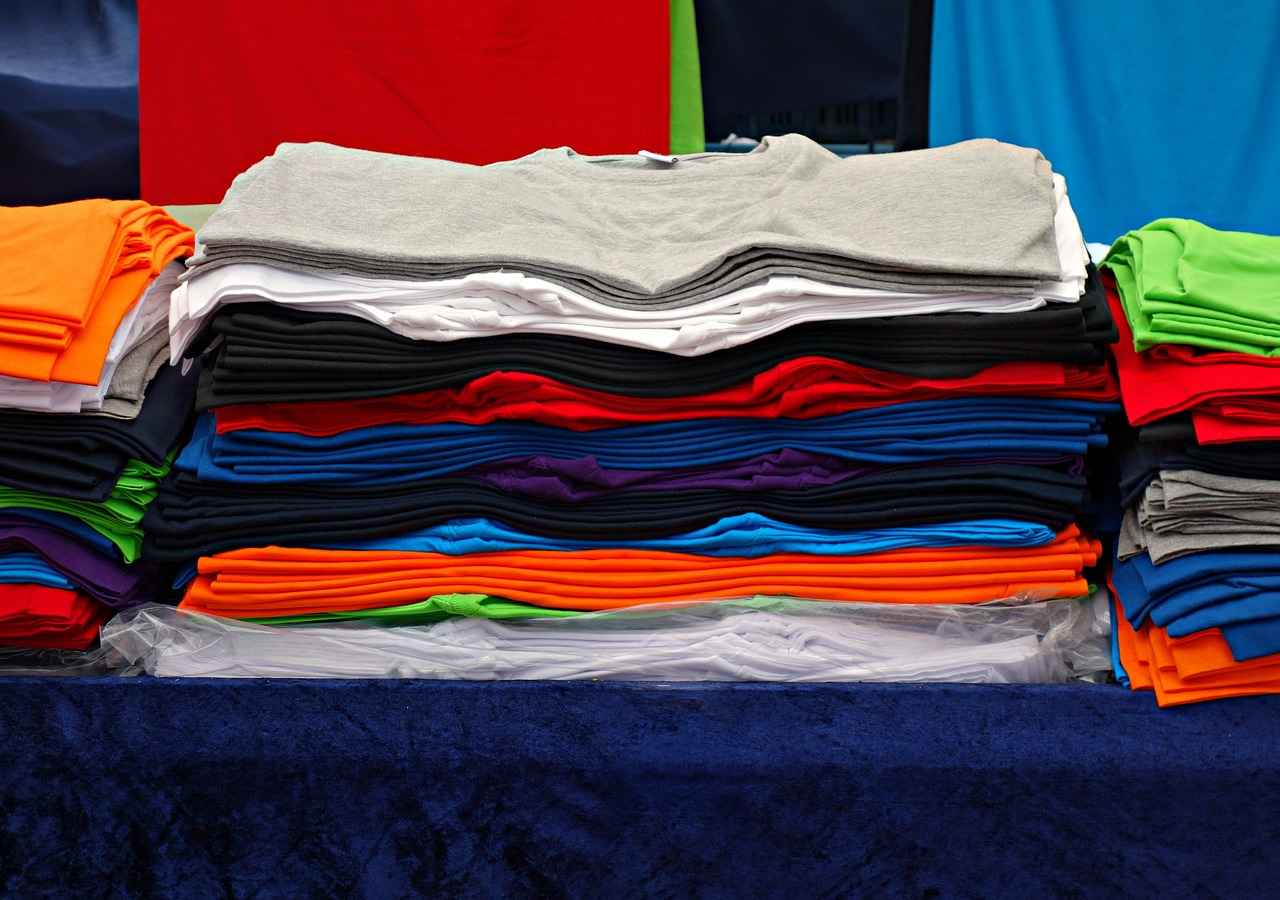
Screen Printing vs. Digital Printing
When it comes to creating custom t-shirts, the choice between screen printing and digital printing is crucial. Each method offers distinct advantages and is suited for different applications. Understanding these differences can help you make an informed decision that aligns with your project needs.
| Feature | Screen Printing | Digital Printing |
|---|---|---|
| Cost | More cost-effective for large orders due to setup costs. | Better for small runs, as there are no setup fees. |
| Quality | Produces vibrant colors and durable prints. | High-resolution prints with detailed designs. |
| Design Complexity | Best for simple designs with fewer colors. | Handles complex, multi-colored designs effortlessly. |
| Production Speed | Quicker for bulk orders once setup is complete. | Slower for large quantities due to individual printing. |
Screen printing is a traditional method that involves creating a stencil (or screen) and applying layers of ink through it onto the fabric. This technique is known for its vibrant colors and durability, making it ideal for bulk orders. However, it is best suited for designs with fewer colors, as each color requires a separate screen.
On the other hand, digital printing utilizes advanced technology to print directly onto the fabric. This method allows for high-resolution images and intricate designs, making it perfect for small runs or custom pieces. While the initial costs may be higher for larger quantities, digital printing offers versatility and speed for complex designs.
In conclusion, your choice between screen printing and digital printing should depend on your specific needs, including budget, design complexity, and quantity. Both methods have their unique strengths, ensuring that you can find the right fit for your custom t-shirt project.
Embroidery: A Classic Touch
Embroidery is not just a decorative technique; it is a timeless method that adds a classic touch to custom t-shirts. When you choose embroidery for your logo, you are opting for a finish that speaks volumes about your brand’s quality and professionalism. This section delves into how embroidery can significantly enhance the appearance and durability of your custom apparel.
One of the primary benefits of embroidery is its durability. Unlike printed designs that may fade or crack over time, embroidered logos are stitched directly into the fabric, ensuring that they can withstand repeated washes and wear. This longevity means that your brand will be represented consistently and effectively over time, making a lasting impression on anyone who sees your custom t-shirts.
Additionally, embroidery offers a textured aesthetic that is hard to replicate with other printing methods. The raised threads create a tactile quality that draws the eye and invites touch, making your logo stand out. This three-dimensional aspect can elevate your brand’s image, giving it a more sophisticated and high-end feel.
Moreover, embroidery provides versatility in terms of fabric choices. It can be applied to a variety of materials, including cotton, polyester, and blends, making it suitable for different types of custom t-shirts. Whether you are designing shirts for a corporate event, a sports team, or a casual gathering, embroidery can adapt to your needs while maintaining a professional look.
In conclusion, opting for embroidery on your custom t-shirts not only enhances the visual appeal of your logo but also ensures its longevity and durability. By choosing this method, you are making a statement about the quality of your brand and its commitment to excellence.
Marketing Your Custom T-Shirts Effectively
Once you’ve created your custom t-shirts, effective marketing is essential to ensure they reach your target audience and generate sales. Here are several strategies to promote your shirts and engage your audience:
- Leverage Social Media: Utilize platforms like Instagram, Facebook, and TikTok to showcase your custom t-shirts. Share high-quality images and videos that highlight your designs. Engage with your audience through polls, stories, and live sessions to create buzz around your products.
- Collaborate with Influencers: Partnering with influencers who align with your brand can significantly boost your reach. Choose influencers whose audience matches your target demographic. They can wear your shirts, share their experiences, and encourage their followers to check out your products.
- Run Contests and Giveaways: Organize contests where participants can win your custom t-shirts. This not only increases engagement but also encourages sharing, as participants will likely promote the contest to their friends.
- Utilize Email Marketing: Build an email list of interested customers and send out newsletters featuring your latest designs, promotions, and exclusive offers. Personalize your emails to make your audience feel valued.
- Attend Local Events: Participate in local fairs, markets, or pop-up shops to showcase your shirts. This face-to-face interaction can help you build a loyal customer base and receive direct feedback.
- Create Compelling Content: Start a blog or vlog related to your brand. Share stories behind your designs, tips on styling custom t-shirts, or the process of creating them. This content can improve your SEO and attract more visitors to your website.
By implementing these strategies, you can effectively market your custom t-shirts, engage your audience, and ultimately drive sales. Remember, the key is to maintain consistency in your branding and messaging across all platforms.

Utilizing Social Media for Promotion
In today’s digital landscape, social media platforms have emerged as essential tools for marketing custom t-shirts. These platforms offer a unique opportunity to connect with your target audience, promote your brand, and ultimately boost sales. Here, we will explore effective strategies to leverage social media for your custom t-shirt marketing efforts.
- Identify Your Target Audience: Understanding who your ideal customers are is crucial. Use social media analytics to gather data on demographics, interests, and behaviors to tailor your content accordingly.
- Create Engaging Content: Visual content is king on social media. Share high-quality images of your custom t-shirts, including lifestyle shots that showcase the shirts in real-life scenarios. Consider creating videos that highlight the design process or customer testimonials.
- Utilize Hashtags: Hashtags can significantly increase your visibility. Research trending hashtags in the fashion and custom apparel niches, and incorporate them into your posts to reach a broader audience.
- Engage with Your Audience: Social media is not just about posting; it’s about interaction. Respond to comments, ask for feedback, and create polls to engage your followers. This two-way communication fosters a sense of community around your brand.
- Collaborate with Influencers: Partnering with social media influencers who align with your brand can amplify your reach. Choose influencers who resonate with your target market to promote your custom t-shirts authentically.
- Run Contests and Giveaways: Encourage user-generated content by hosting contests or giveaways. Ask followers to share photos of themselves wearing your shirts, using a specific hashtag to enter. This not only promotes your products but also increases engagement.
- Analyze and Adjust: Regularly review your social media performance metrics to understand what works and what doesn’t. Use this data to refine your strategy and improve future campaigns.
In conclusion, by effectively utilizing social media, you can significantly enhance your marketing efforts for custom t-shirts. The key is to create engaging content, interact with your audience, and continuously adapt your strategy based on performance insights. Embrace the power of social media to elevate your brand and drive sales.
Hosting Events to Showcase Your T-Shirts
When it comes to promoting your brand, hosting events can be an incredibly effective strategy. Events not only allow you to showcase your custom t-shirts but also create a unique opportunity to engage with your audience directly. Here’s how to plan and execute events that will effectively promote your brand and enhance your visibility.
- Define Your Objectives: Before organizing an event, it’s crucial to outline what you want to achieve. Are you looking to increase brand awareness, sell merchandise, or build community engagement? Defining your objectives will guide your planning process.
- Choose the Right Venue: Selecting a venue that aligns with your brand identity is essential. Consider locations where your target audience frequents, such as parks, community centers, or popular local businesses.
- Engage Your Audience: Make your event interactive. Include activities like contests, giveaways, or live demonstrations of your t-shirts. Engaging your audience will create a memorable experience and encourage them to share it on social media.
- Promote Your Event: Utilize social media platforms, email newsletters, and local community boards to promote your event. Create visually appealing graphics featuring your custom t-shirts to attract attention.
- Capture the Moment: Hire a photographer or set up a photo booth to capture attendees wearing your t-shirts. This not only provides great content for your marketing efforts but also makes your attendees feel valued.
- Follow Up: After the event, reach out to attendees through thank-you emails or social media shout-outs. This helps in building lasting relationships and keeps your brand top of mind.
By thoughtfully planning and executing your events, you can create a dynamic platform to showcase your custom t-shirts, engage with your audience, and ultimately drive brand loyalty. Remember, the key to success lies in creating an experience that resonates with your audience and reflects your brand’s values.
Conclusion: Making a Lasting Impression with Custom T-Shirts
In the world of branding, custom t-shirts represent an invaluable asset that can significantly boost your company’s visibility and identity. These versatile garments not only serve as walking advertisements but also foster a sense of community among customers and employees. By investing time and resources in the design and quality of your custom t-shirts, you can create a product that resonates with your audience and leaves a lasting impression.
To begin with, the design of your custom t-shirts should reflect your brand’s personality. Using eye-catching graphics and colors that align with your branding strategy can enhance recognition and recall. Additionally, incorporating your logo in a prominent yet tasteful manner is essential; this ensures that your brand is front and center, making it easy for others to identify and remember.
Quality is another critical factor. T-shirts made from high-quality materials not only look better but also feel better to wear. This can lead to increased customer satisfaction and loyalty. It’s important to choose fabrics that are comfortable, durable, and suitable for your target audience’s needs—whether that be casual wear or performance apparel.
Moreover, effective marketing strategies can amplify the impact of your custom t-shirts. Consider utilizing social media to showcase your designs and engage with your audience. Hosting events where your t-shirts are featured can also create buzz and excitement around your brand.
In summary, when you prioritize design, quality, and marketing, custom t-shirts become more than just clothing; they transform into powerful branding tools that can elevate your business’s visibility and create a memorable impression in the minds of your audience. Harness the potential of custom t-shirts to not only promote your brand but also to foster a sense of belonging and community.

Frequently Asked Questions
- What are the benefits of custom t-shirts for branding?
Custom t-shirts serve as a fantastic way to promote your brand. They create visibility, foster community, and help your logo stick in people’s minds. Imagine walking through a crowd and spotting someone wearing your logo—it’s like a walking advertisement!
- How do I choose the right fabric for my custom t-shirts?
Choosing the right fabric is crucial! Cotton is soft and breathable, perfect for comfort, while polyester is durable and moisture-wicking, ideal for athletic wear. Think about who will wear them and where they’ll be worn—this will guide your decision!
- What printing techniques are best for custom t-shirts?
There are several options! Screen printing is great for bulk orders and vibrant colors, whereas digital printing offers flexibility for smaller runs and intricate designs. Embroidery adds a classic touch, giving your logo a professional finish.
- How can I effectively market my custom t-shirts?
Utilizing social media is key! Platforms like Instagram and Facebook can showcase your designs and engage your audience. Hosting events to display your shirts can also create buzz and bring people together around your brand.


